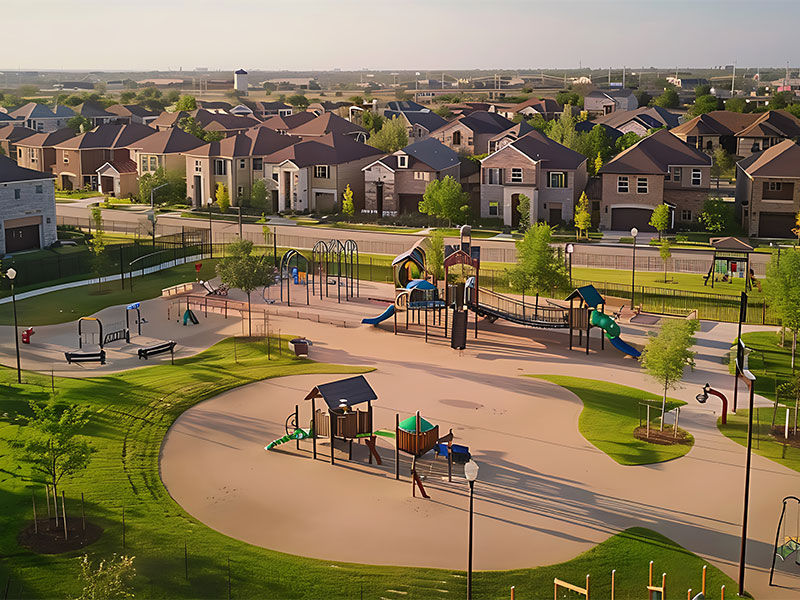Essential Advice for New Homeowners
- Jun 4, 2025
- 4 min read
Becoming a homeowner is an exciting journey filled with new responsibilities and opportunities. Whether you are a first-time buyer or returning to the market, there are essential tips you'll want to consider. The right advice can help you navigate the complexities of homeownership, ensuring you make informed decisions while enjoying your new space.
Home Buying Tips: Know What You Can Afford
Understanding your budget is the cornerstone of the home buying process. Start by reviewing your financial situation, including income, expenses, and current debts.
A common rule of thumb is that your monthly housing costs should not exceed 28% of your gross monthly income. This includes mortgage payments, property taxes, insurance, and potential HOA fees. To get a clearer picture, you can use mortgage calculators available online. These tools can help you estimate your monthly payments based on various down payment amounts and interest rates.
It's also wise to get pre-approved for a mortgage. This process provides you with a better understanding of what you can afford and makes you more attractive to sellers. When you find a home you love, being pre-approved can expedite the buying process.
Explore Neighborhoods Before Deciding
Location matters. Not only does it affect your daily lifestyle, but it also impacts the future resale value of your home. Spend time researching different neighborhoods that fit your needs and preferences. Consider factors such as proximity to work, schools, public transportation, shopping, and recreational activities.
Walking through neighborhoods at various times of the day can give you a sense of the area’s atmosphere. Are the streets busy during rush hour? Is it quiet during the weekend? Visiting local cafes or parks can help you envision life in that community.

In addition, check local crime rates and school ratings online. Resources like GreatSchools and local law enforcement websites can provide valuable insights. Understanding the community will help you make an informed decision when selecting your future home.
How Much Money Should I Put Down on a House as a First-Time Buyer?
The down payment is often one of the most significant financial hurdles for new homeowners. Traditional advice suggests putting down 20% of the home's purchase price to avoid private mortgage insurance (PMI). However, this is not a one-size-fits-all solution.
As a first-time buyer, you might qualify for programs that allow lower down payments. Some loans, such as FHA loans, permit down payments as low as 3.5%. These options can lessen the initial financial burden and help you enter the housing market sooner.
Consider your savings to decide how much you can realistically afford as a down payment. Aim to balance a reasonable upfront cost with your long-term financial goals. Also, don’t forget to budget for closing costs, which can range from 2% to 5% of the home's purchase price.

Home Inspections Are Non-Negotiable
A home inspection is an essential step in the buying process. This thorough examination uncovers potential issues in the home that could lead to costly repairs down the line. Hiring a qualified home inspector provides peace of mind and significant leverage during negotiations.
During a home inspection, the inspector will check several key areas, such as the roof, plumbing, electrical systems, foundation, and overall structure. Be present during the inspection to ask questions and gain insights about any findings.
If the inspection uncovers serious issues, you can negotiate repairs or even reconsider your offer. It’s always better to know what you are getting into rather than facing surprises after closing.
Plan for Additional Homeownership Costs
When budgeting for your new home, remember that homeownership involves more than just the mortgage payment. Prepare for ongoing expenses, including:
Property Taxes: These vary depending on your location and can increase over time.
Homeowners Insurance: Protects your investment and is typically required by lenders.
Maintenance and Repairs: Budget for routine maintenance, which can average about 1% of your home’s value annually. This might include HVAC repairs, plumbing fixes, and seasonal upkeep.
Utilities: Water, electricity, gas, internet, and trash collection are additional monthly costs.
Being prepared for these expenses helps maintain financial stability and allows you to enjoy your home without stress.
Final Considerations for First-Time Home Buyers
Embarking on the homeownership journey can be daunting, but thorough preparation can lead to rewarding experiences. Equip yourself with knowledge. Research diligently and reach out to professionals, such as real estate agents and mortgage advisors, to help guide you through the process.
By doing so, you’ll set yourself up much more effectively for a successful home buying experience. Remember, for more specific advice tailored to your situation, you can find valuable resources and first-time home buying tips at Bricks N Dreams.
Moving into a new home is not just a milestone, but an opportunity to create lasting memories. Embrace this exciting adventure with confidence, knowing you are well-prepared for what’s to come. Investing time in proper planning now will pay off for years to come in your new home.






Comments